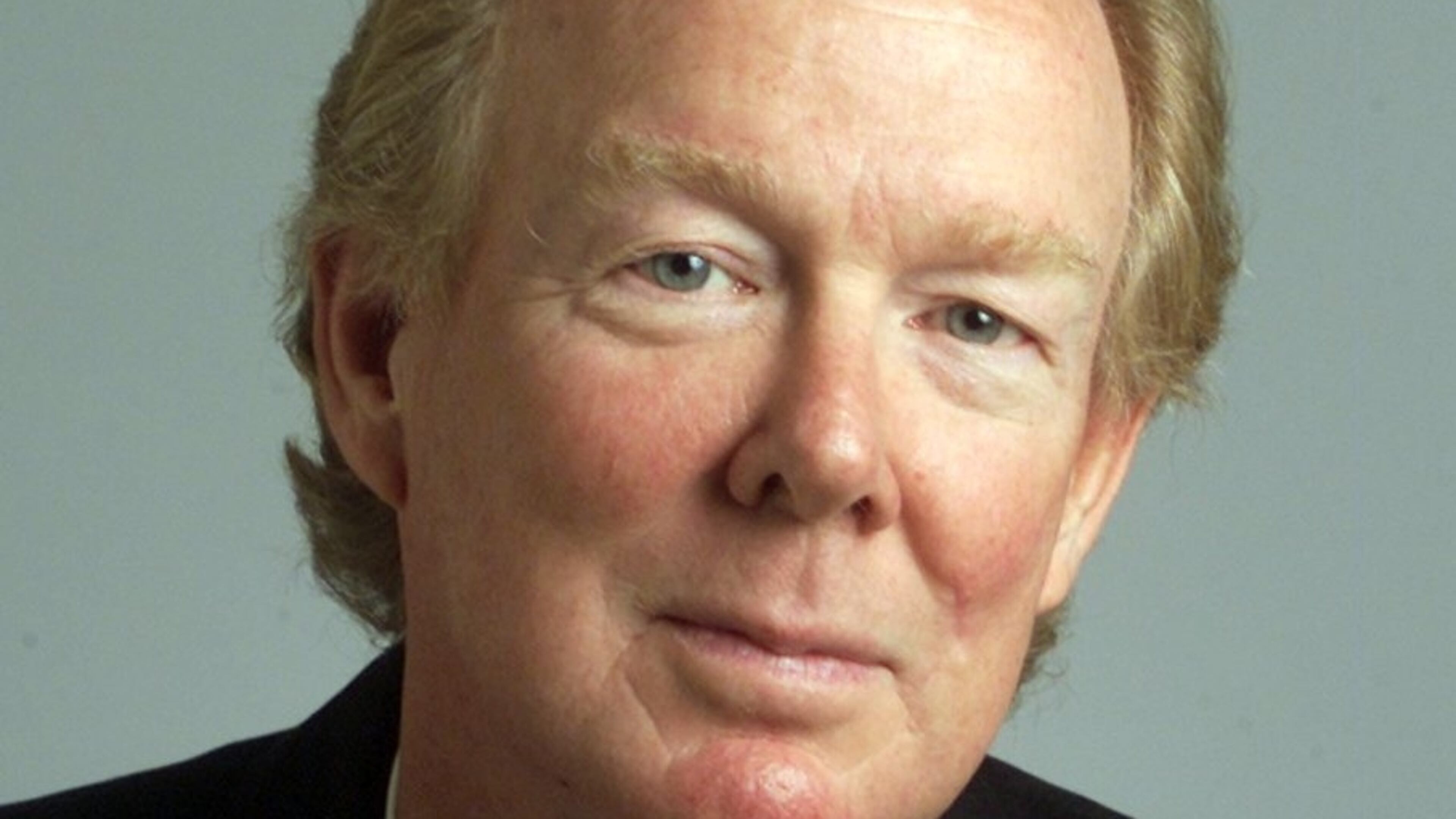Yes, kids are odd … don’t worry

Most of the stuff today’s parents worry about — and let’s face facts … the worrier in question, the worrier supreme, is almost always the mother (not because of some weakness, but simply because she consumes parenting media that, as a rule, generate lots of worry) — is not worth the emotional energy. Left alone, it will “come out in the wash,” as they say, “they” being parents who understand that children are odd.
Yes, children are odd. Sometimes, they are even weird. They do odd, strange, weird, bizarre, inexplicable things that, in most cases, concerning most kids, have no meaning at all in the sense of being indicators of deep, dark problems embedded in their supposedly delicate psyches. Furthermore, most of the odd, etc. things they do are completely unrelated to and disconnected from the manner in which they have been raised. “You are not the cue ball in your child’s life,” I tell my audiences around the USA. “Your child was born with free will — both a blessing and a curse.”
Fifty-plus years ago, before professional parenting experts (Who, me?) began muddying up America’s parenting waters with psycho-garbage, there existed a parenting vernacular that is no longer in common use. It consisted of pithy phrases like “Children should be seen and not heard” and “You made this bed, so YOU are going to lie in it.” One such pithiness was “Every child has a mind of his own.” In eight words, that expressed what I used more than 50 to express in the above paragraph. My mother, her mother, her mother’s mother, and so on down the line knew that no matter how “good” their parenting was by any standard, their children were still capable, on any given day, of despicable. And no matter how smart their children were, they were capable, on any given day, of moronic behavior. So are yours. You are not your child’s personal savior, put in his life to save him from the wages of sin, to insure his admission to Heaven or his passage into perpetual Nirvana, whatever your tastes may be.
So, back to the point. Have you ever noticed that the parents who seem to have the most well-behaved children tend to be, as a rule, very laid back? They’re not worrying about much, if anything. That’s because worry is self-fulfilling. When you worry about something, the something in question becomes more likely. Worry is also paralyzing, meaning that if the something you worry about does happen, your head is filled with so much confusion that you don’t know what to do about it. Parents who don’t worry, when worrisome things happen, simply deal with them … one at a time. Because they don’t worry, they are capable of acting effectively when their kids confuse free will with freedom. They don’t think that every stupid, odd, sociopathic thing their kids do predicts some future apocalypse. They just deal, one thing at a time.
In this dealing, they have but one goal: to make the child fully responsible for what he or she did or didn’t do. They mete out consequences such that the child bears the full emotional weight of the problem. The rule is: When a child does something bad, the child, and only the child, should feel bad about it. With some kids, the ones with especially hard heads, getting the message across makes the average mental health professional gasp.
The typical parent who is reading this is a good parent. You are doing your best. People who don’t fit that description don’t read stuff like this. So, relax. Take a load off. Let the chips in your child’s life fall where they may and deal with the resulting messes one at a time with the calm conviction that you’re doing what you should and that it’s high time your child started doing what HE should.
Visit family psychologist John Rosemond’s website at www.johnrosemond.com; readers may send him email at questions@rosemond.com; due to the volume of mail, not every question will be answered.

